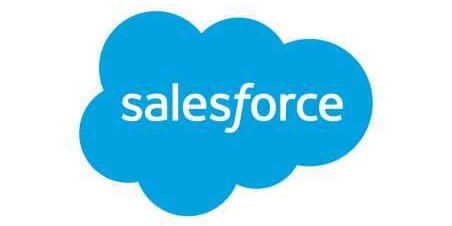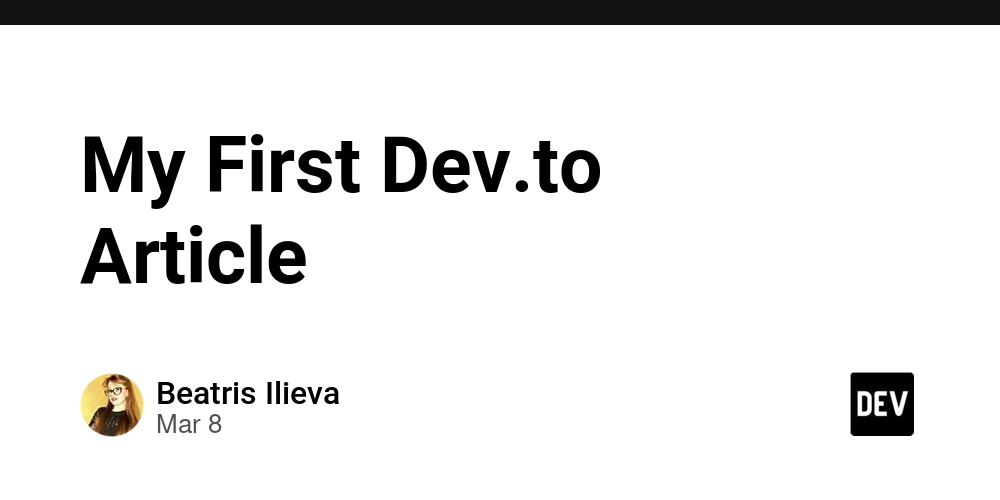An Starter's Handbook to Starting a Career as a Website Designer
In today's digital age, possessing a well-designed website is essential for every business looking to establish an online presence. Regardless of whether you are a small startup or a major corporation, your website acts as the front of your business, often being the first point of contact for potential customers. With i loved this for effective web design increasing, numerous are considering a career as a website designer. So where do you start? This guide will take you through the basics of becoming a proficient website designer, emphasizing the key skills and knowledge you require to succeed in this dynamic field. As you begin your journey into web design, understanding the intricacies of the industry will enable you to create impressive and functional websites that meet user needs. From selecting the right design techniques to ensuring your designs are SEO-friendly, every facet plays a crucial role in the achievement of your projects. We will explore essential considerations, such as how to evaluate a designer's portfolio, the importance of mobile responsiveness, and the increasing trend of e-commerce website design. Regardless of whether you plan to work freelance or within a larger firm, understanding these topics will be invaluable as you work towards building your career. Selecting the Ideal Website Creator Selecting the right website creator is crucial for the prosperity of your web presence. Commence by clearly defining your goals and targets for the website. Realizing what you want to accomplish, whether it’s boosting sales, generating leads, or creating a portfolio, will help you convey well with potential creators. Search for designers who have experience in your field, as they will have a better understanding of your market and demands. It’s crucial to evaluate a designer’s collection to gauge their design approach and expertise. Look for projects that reflect your ideas and take note of the layouts that appeal to you. Pay attention to the functionality of the websites in their collection, ensuring they demonstrate excellent user interface and adaptability. Review client testimonials and opinions to get perspective into their trustworthiness and work ethic. Once you have narrowed down your options, have frank discussions with your potential designers. Inquire about their design approach, timelines, and how they manage revisions. It’s vital to choose someone who appreciates communication and collaboration. By ensuring they comprehend your brand identity and can translate that into a design, you can build a strong working relationship that leads to a productive project conclusion. Key Qualities of a Professional Designer An professional website designer has a robust blend of specialized skills and creative insight. They are proficient in essential design tools and technologies, enabling them to create aesthetically pleasing and functional websites. Mastery of HTML, CSS, and JavaScript is essential, but an understanding of graphic design concepts and user interface principles also distinguishes them. This expertise ensures that the final product is visually attractive but also functions effectively across multiple devices and platforms. In addition to specialized abilities, communication is a critical quality of a professional web designer. They should be able to express their ideas effectively and work together effectively with clients to ensure that the project meets the client's vision and goals. Listening actively to https://webdesign373.werite.net/the-psychological-principles-of-design-layout-in-website-creation and applying it positively is crucial in fostering a productive working relationship. A designer who prioritizes open communication can gain deeper insight into the brand identity and aims to deliver a design that appeals to the target audience. Finally, flexibility is a key trait of a successful designer. The field of web design is constantly evolving with new trends, technologies, and user preferences. A professional designer stays updated with the current web design trends and tools, making sure that they can provide modern solutions for their clients. Their ability to pivot and apply changes quickly helps businesses stay competitive in an always evolving digital landscape. Assessing Website Design Choices While seeking a website designer, it is important to consider your choices carefully. Begin by specifying your requirements, whether a portfolio website, an e-commerce platform, or a blog site. This clarity will help you find a designer that has skills align with your project needs. Leverage online tools, directories, or personal referrals to compile a list of potential designers to consider. After you have found possible designers, delve into their collections to assess their projects. Look for projects that resonate with your goals and verify range in styles and capabilities. Ensure they have expertise with mobile responsiveness and SEO, as these are cru
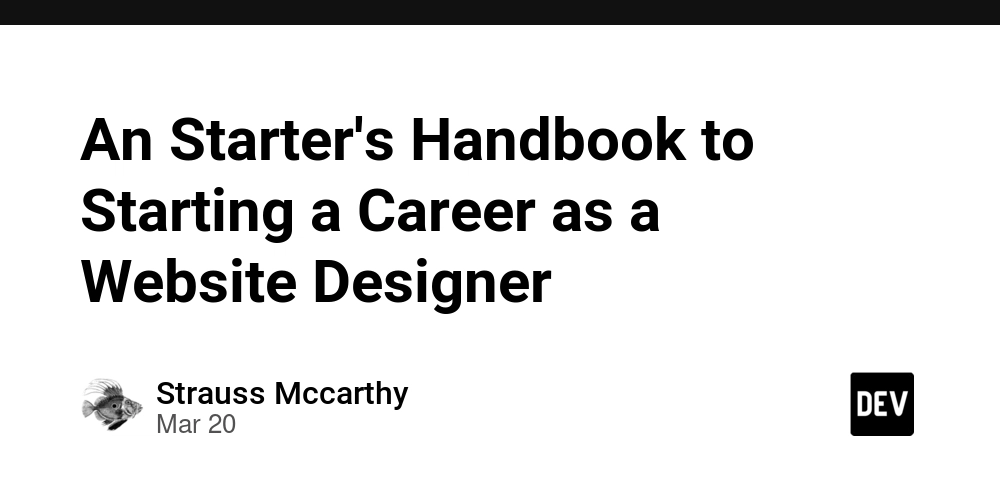
In today's digital age, possessing a well-designed website is essential for every business looking to establish an online presence. Regardless of whether you are a small startup or a major corporation, your website acts as the front of your business, often being the first point of contact for potential customers. With i loved this for effective web design increasing, numerous are considering a career as a website designer. So where do you start? This guide will take you through the basics of becoming a proficient website designer, emphasizing the key skills and knowledge you require to succeed in this dynamic field.
As you begin your journey into web design, understanding the intricacies of the industry will enable you to create impressive and functional websites that meet user needs. From selecting the right design techniques to ensuring your designs are SEO-friendly, every facet plays a crucial role in the achievement of your projects. We will explore essential considerations, such as how to evaluate a designer's portfolio, the importance of mobile responsiveness, and the increasing trend of e-commerce website design. Regardless of whether you plan to work freelance or within a larger firm, understanding these topics will be invaluable as you work towards building your career.
Selecting the Ideal Website Creator
Selecting the right website creator is crucial for the prosperity of your web presence. Commence by clearly defining your goals and targets for the website. Realizing what you want to accomplish, whether it’s boosting sales, generating leads, or creating a portfolio, will help you convey well with potential creators. Search for designers who have experience in your field, as they will have a better understanding of your market and demands.
It’s crucial to evaluate a designer’s collection to gauge their design approach and expertise. Look for projects that reflect your ideas and take note of the layouts that appeal to you. Pay attention to the functionality of the websites in their collection, ensuring they demonstrate excellent user interface and adaptability. Review client testimonials and opinions to get perspective into their trustworthiness and work ethic.
Once you have narrowed down your options, have frank discussions with your potential designers. Inquire about their design approach, timelines, and how they manage revisions. It’s vital to choose someone who appreciates communication and collaboration. By ensuring they comprehend your brand identity and can translate that into a design, you can build a strong working relationship that leads to a productive project conclusion.
Key Qualities of a Professional Designer
An professional website designer has a robust blend of specialized skills and creative insight. They are proficient in essential design tools and technologies, enabling them to create aesthetically pleasing and functional websites. Mastery of HTML, CSS, and JavaScript is essential, but an understanding of graphic design concepts and user interface principles also distinguishes them. This expertise ensures that the final product is visually attractive but also functions effectively across multiple devices and platforms.
In addition to specialized abilities, communication is a critical quality of a professional web designer. They should be able to express their ideas effectively and work together effectively with clients to ensure that the project meets the client's vision and goals. Listening actively to https://webdesign373.werite.net/the-psychological-principles-of-design-layout-in-website-creation and applying it positively is crucial in fostering a productive working relationship. A designer who prioritizes open communication can gain deeper insight into the brand identity and aims to deliver a design that appeals to the target audience.
Finally, flexibility is a key trait of a successful designer. The field of web design is constantly evolving with new trends, technologies, and user preferences. A professional designer stays updated with the current web design trends and tools, making sure that they can provide modern solutions for their clients. Their ability to pivot and apply changes quickly helps businesses stay competitive in an always evolving digital landscape.
Assessing Website Design Choices
While seeking a website designer, it is important to consider your choices carefully. Begin by specifying your requirements, whether a portfolio website, an e-commerce platform, or a blog site. This clarity will help you find a designer that has skills align with your project needs. Leverage online tools, directories, or personal referrals to compile a list of potential designers to consider.
After you have found possible designers, delve into their collections to assess their projects. Look for projects that resonate with your goals and verify range in styles and capabilities. Ensure they have expertise with mobile responsiveness and SEO, as these are crucial for modern web design. Pay close attention to how they incorporate user experience, which should be evident in their past work.
Lastly, have talks with potential designers to assess their understanding of your brand’s identity. Talk about your goals and ask about their approach to cooperation and communication. This conversation will show whether they can understand your vision and meet deadlines effectively. Additionally, take into account their cost models to find a balance between excellence and financial constraints.











































































































































































![[The AI Show Episode 142]: ChatGPT’s New Image Generator, Studio Ghibli Craze and Backlash, Gemini 2.5, OpenAI Academy, 4o Updates, Vibe Marketing & xAI Acquires X](https://www.marketingaiinstitute.com/hubfs/ep%20142%20cover.png)
















































































































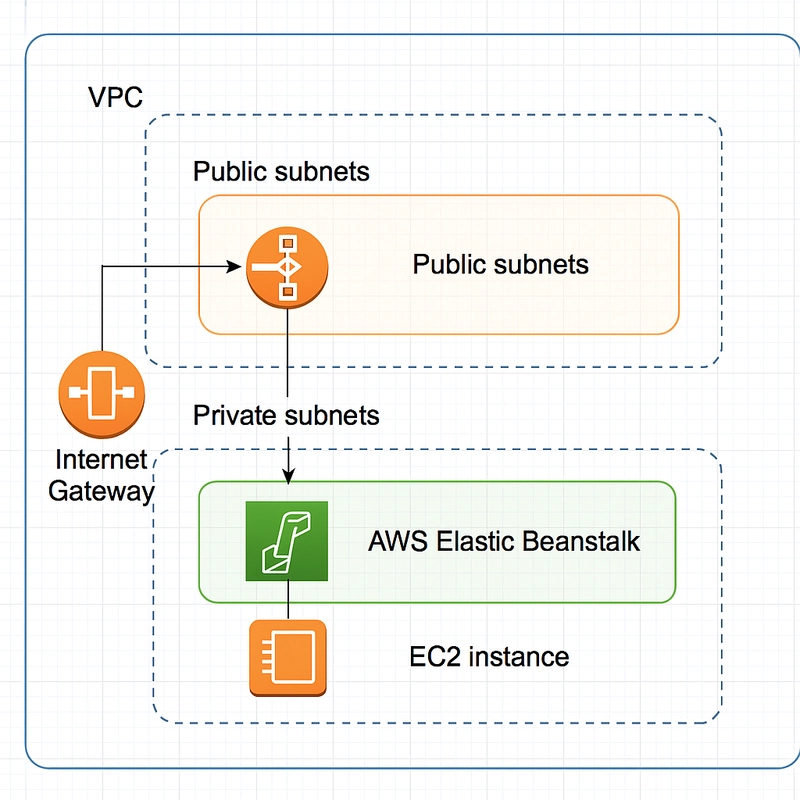
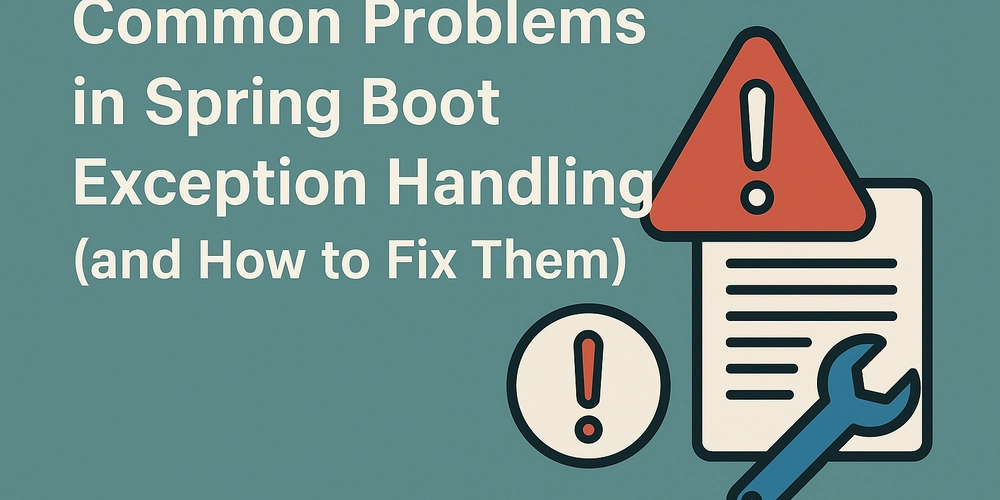
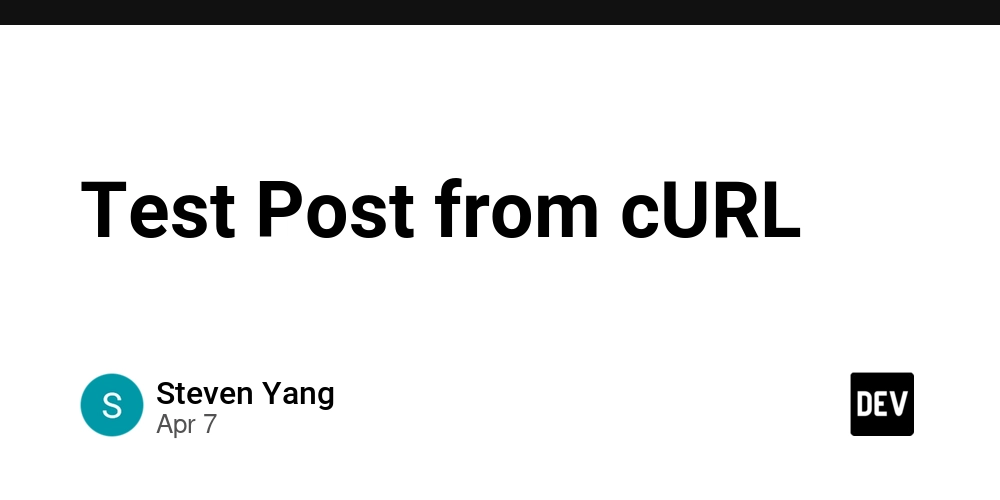









![[DEALS] The Premium Learn to Code Certification Bundle (97% off) & Other Deals Up To 98% Off – Offers End Soon!](https://www.javacodegeeks.com/wp-content/uploads/2012/12/jcg-logo.jpg)


![From drop-out to software architect with Jason Lengstorf [Podcast #167]](https://cdn.hashnode.com/res/hashnode/image/upload/v1743796461357/f3d19cd7-e6f5-4d7c-8bfc-eb974bc8da68.png?#)








































































































.png?#)

































_Christophe_Coat_Alamy.jpg?#)
 (1).webp?#)





































































































![Apple Considers Delaying Smart Home Hub Until 2026 [Gurman]](https://www.iclarified.com/images/news/96946/96946/96946-640.jpg)
![iPhone 17 Pro Won't Feature Two-Toned Back [Gurman]](https://www.iclarified.com/images/news/96944/96944/96944-640.jpg)
![Tariffs Threaten Apple's $999 iPhone Price Point in the U.S. [Gurman]](https://www.iclarified.com/images/news/96943/96943/96943-640.jpg)

































































































































